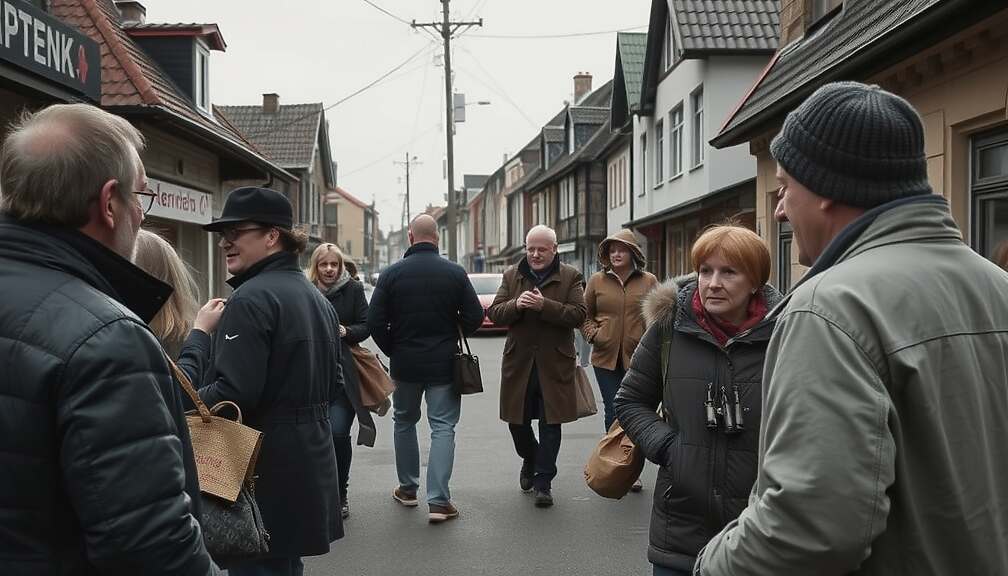Uneven Burden-Sharing: Stark Regional Disparities in Bundeswehr Recruitment Spark Political Debate
New data reveals a significant imbalance in the contribution of Germany’s 16 federal states to the Bundeswehr, raising questions about fairness, socioeconomic factors and the future strategic positioning of the armed forces. Figures released by the Bundeswehr’s personnel management agency and reported by the Redaktionsnetzwerk Deutschland (RND), paint a stark picture of regional disparities in military recruitment.
Mecklenburg-Vorpommern leads the nation, providing 529 soldiers per 100,000 inhabitants with their primary residence. Schleswig-Holstein follows closely with 462 and Niedersachsen contributes 357. In contrast, Baden-Württemberg provides a mere 105 soldiers per 100,000 inhabitants, representing a fivefold difference in military commitment compared to the northeastern state. Bavaria’s contribution of 188 soldiers is roughly half that of Niedersachsen, highlighting a clear geographic divide. The pattern extends to the city-states: Berlin’s contribution of 118 soldiers closely mirrors Baden-Württemberg’s low numbers, while Hamburg and Bremen exhibit similarly modest figures.
The Bundeswehr’s parliamentary commissioner, Henning Otte (CDU), attributes the discrepancy to a combination of factors, including the stronger economy and more diverse job market in southern Germany. He suggests that rural areas may demonstrate a greater willingness to contribute to the collective good. The strategic imperative of locating Bundeswehr facilities near applicant populations is also emphasized, advocating for localized deployment to enhance recruitment and retention.
However, the data sparks a wider political discussion, particularly regarding the societal costs and fairness of military service. Sören Pellmann, parliamentary group leader for the Left party, argues that the overrepresentation of northern and eastern states is fundamentally rooted in socioeconomic conditions. He points to the legacy of the reunification process, the role of the Treuhand agency and the persistent lack of robust small and medium-sized enterprise sectors in the eastern regions, where military service, he claims, has often filled the void of limited professional opportunities.
This disparity raises critical questions beyond strategic force deployment. Pellmann frames the uneven burden-sharing as “a matter of justice” highlighting the inherent risk and potential ultimate sacrifice involved in military service, regardless of strategic campaigns attempting to portray a more palatable image. The divergence underscores a deeper societal challenge: ensuring equitable access to opportunities and mitigating the reliance on military service as a default career path, particularly in regions facing economic hardship and limited prospects. The implications for both equitable defense burden-sharing and long-term German societal cohesion will require careful consideration.












